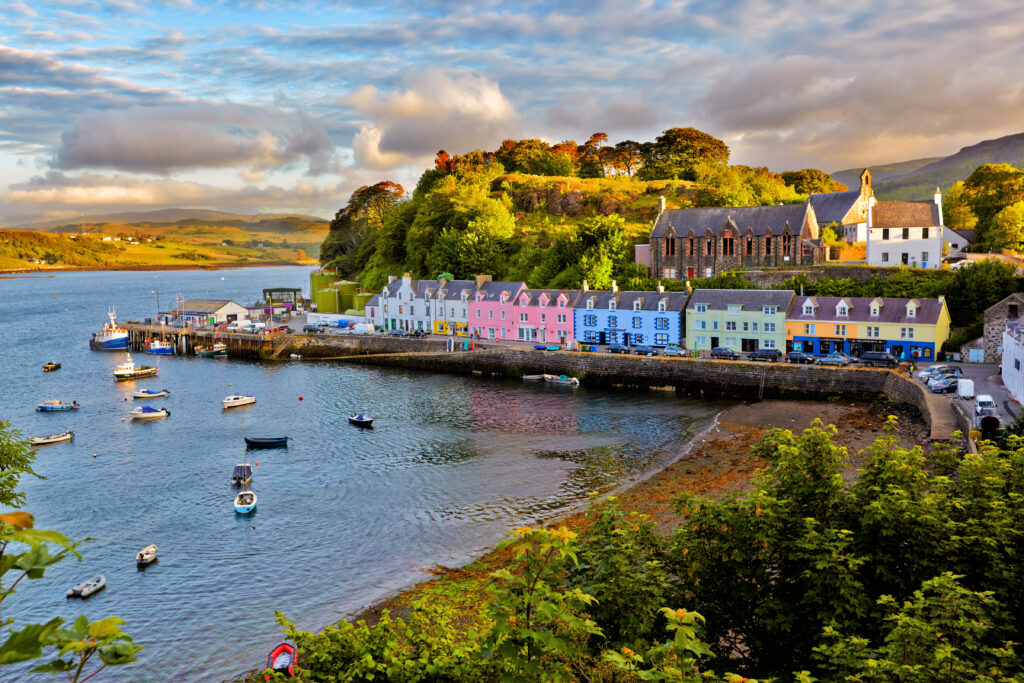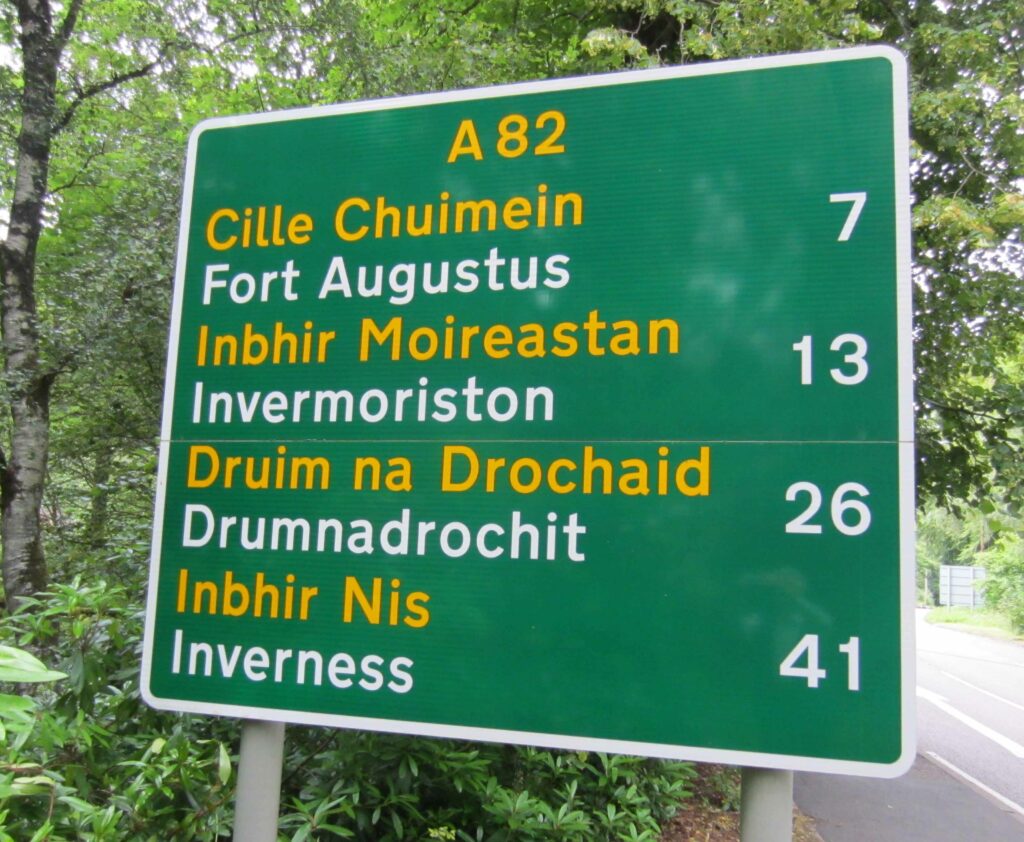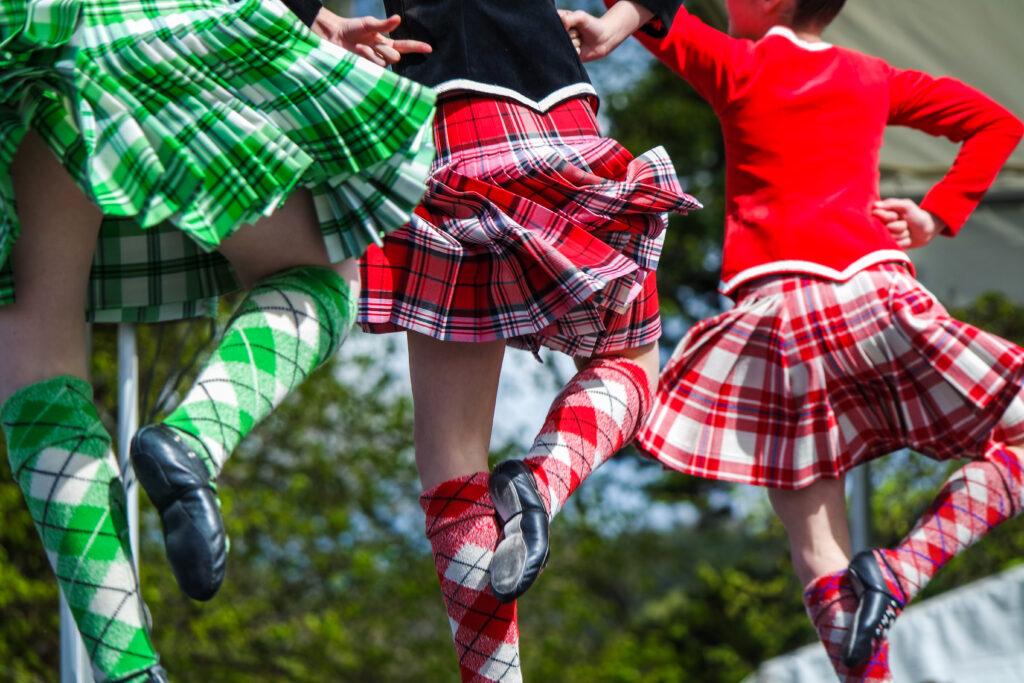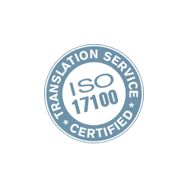Do People Still Speak Gaelic in Scotland?
Scottish Gaelic is often assumed to be the native language of Scotland, or at least that every Scot has an understanding of it. But this certainly isn’t the case.
Here at Global Language Services, we’ve already covered where Gaelic comes from. But, we want to find out who speaks it? And why did Scots stop speaking it in the first place?
Before we dive into the nitty gritty of Gaelic, we must first clarify that there are two spoken forms of Gaelic; Scottish and Irish. For the purposes of our article, we are going to explore Scottish Gaelic and its origins.

What is Gaelic? And where did it come from?
Scottish Gaelic is a member of the Goidelic group of Celtic languages, which also includes Irish, Manx, Breton, Cornish and Welsh. All of which originated from central Europe and derived from the likes of the Romance languages, and as such they all share similar grammar.
It has been suggested that Scottish Gaelic displaced another Celtic language in 500 AD, and by the 1200’s had established itself as a central dialect. As the years went on, Scottish Gaelic became more and more distinct from its Celtic counterpart, Irish Gaelic.
By the 17th Century it was widely spoken, written and printed, establishing itself as one of the main languages of Scotland. However, by the 18th Century the Highland Clearances were rife throughout Scotland, and with restrictions on celebrating Gaelic culture (i.e. wearing clan tartan and playing bagpipes) the use of the Gaelic language began to decrease.
Why did people stop speaking Gaelic?
As above, the Highland Clearances have a lot to answer for when it comes to asking the question “Why did people stop speaking Gaelic?”.
To give you a quick (and very brief) history lesson, the Highland Clearances occurred between the mid 18th and mid 19th Centuries where Scottish natives were forced to evict their homes within the Northern and Western Isles. They were evicted by the Jacobites with the aim of using the inhabited land for farming, and raising cattle or sheep.
These Clearances resulted in the total disruption of Gaelic clans, their societies and their culture, including their language. With restrictions on celebrating Gaelic culture, the language itself began to be suppressed and used less widely, with English eventually taking over.
In fact, during the 18th Century it was established within Scottish schools by the Society in Scotland for the Propagation of Christian Knowledge, that teachers could (un)lawfully punish children for speaking Gaelic. This rule fed into the widespread ideology that speaking Gaelic was improper and uncommon; again hindering the use of Gaelic as a spoken language.
There is a much longer, more convoluted explanation as to why so few Scottish people speak Scottish Gaelic, but we suggest you explore those history books for yourself.

Who speaks it now? And where do they live?
Coming back to modern day Scotland, there are of course no restrictions on speaking, writing or celebrating the Scottish Gaelic language. In fact it is widely appreciated and celebrated as part of Scottish culture through means of music, television and education.
In fact, in 2005 the Scottish Government implemented a Gaelic Language Plan which saw Scottish Gaelic be recognised as an official language and treated with equal respect against English.
However, out with schools there has been no increase in its adoption as a spoken language. Scotland’s most recent census (conducted mid 2021) revealed that they have a population just shy of 5.5 million. Of which just over 1%, only 60,000 people, can speak Scottish Gaelic.
But, if you’re looking to find someone who does speak the language, you would be best heading up to the Highlands and Islands, particularly the Outer Hebrides and Shetland. It is here you are most likely to find a Gaelic speaking local, plus you will see it on all the road signs and hear it on the radio too.
What is the difference between Scots and Scottish Gaelic?
Believe it or not, there is actually a language that bridges the popularity gap between English and Scottish Gaelic. That language is Scots, completely different from Gaelic and distinct from English.
The Scots language is spoken, written and understood by over 2 million people in Scotland. In comparison to Scottish Gaelic, Scots is wildly popular and ubiquitous, but this is likely due to its spelling and pronunciation similarities with English.

How to learn Gaelic
Unlike 200 years ago, if you speak Scottish Gaelic you will not be punished. In fact, here at Global Language Services we encourage you to learn Scottish Gaelic and help preserve an essential piece of Scottish culture.
You can learn Scottish Gaelic in many ways, by using one of the best language learning apps. Or, to get you started you can explore how to translate English to Scottish Gaelic.
However, because one of the biggest difficulties with Gaelic is pronunciation, the best way to learn Gaelic is to watch BBC Alba or listen to BBC Beag Air Bheag.
Alternatively, you can learn Gaelic by immersing yourself in Scottish culture; dance in a ceilidh; attend a Scottish traditional music festival; or visit one of the Gaelic speaking towns in the North. If you require translation services for Scottish Gaelic, contact Global Language Services now.





